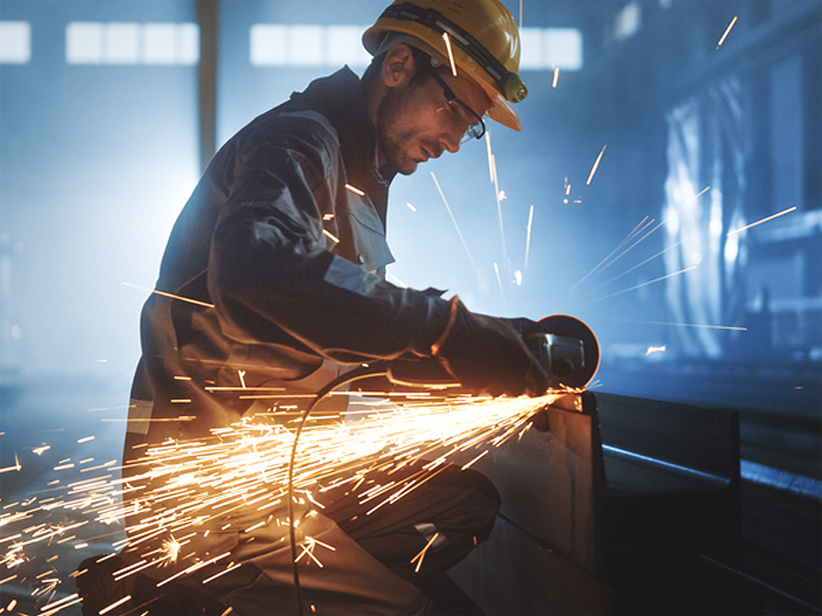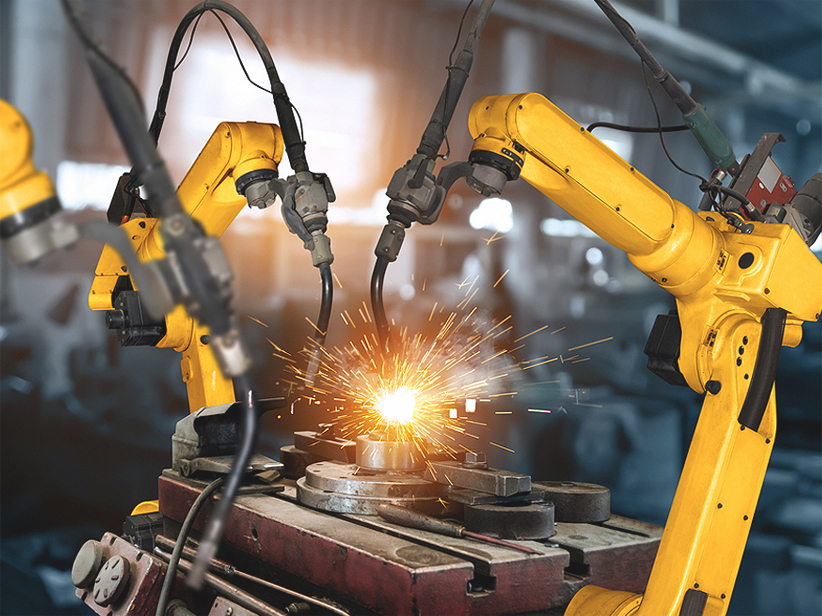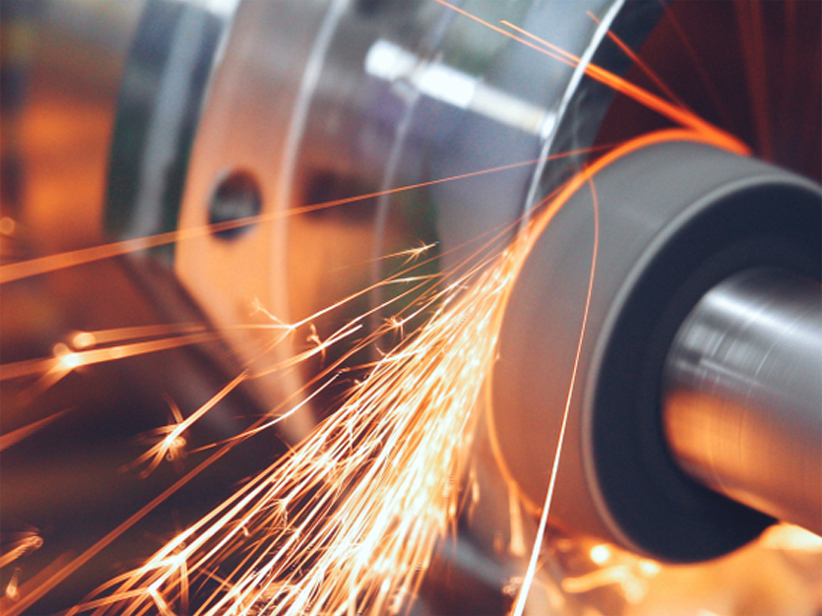Description
Stainless Steel Grade 316Ti/1.4571 is an austenitic chromium-nickel stainless steel with added titanium. The titanium addition improves high-temperature strength and resistance to sensitization during prolonged exposure to high temperatures. It offers superior corrosion resistance, especially against chlorides and other industrial solvents. The alloy is ideal for applications requiring high strength and excellent corrosion resistance in aggressive environments.
Chemical Composition
Chromium (Cr): 16.0 - 18.0%
Nickel (Ni): 10.0 - 14.0%
Molybdenum (Mo): 2.0 - 3.0%
Titanium (Ti): 0.4 - 0.7%
Manganese (Mn): ≤ 2.0%
Silicon (Si): ≤ 0.75%
Carbon (C): ≤ 0.08%
Phosphorus (P): ≤ 0.045%
Sulfur (S): ≤ 0.030%
Nitrogen (N): ≤ 0.10%
Mechanical Properties
Tensile Strength: ≤ 0.10%
Yield Strength: 205 MPa
Elongation at Break: ≥ 40%
Hardness (Brinell): ≤ 217 HB
Thermal & Physical Properties
Density: 8.0 g/cm³
Melting Point: 1375 - 1400 °C
Thermal Conductivity: 16.3 W/m•K (at 100°C)
Specific Heat Capacity: 500 J/kg•K (at 0-100°C)
Electrical Resistivity: 0.074 x 10^-6 Ω•m (at 20°C)
Coefficient of Thermal Expansion:193 GPa
Other Designations
UNS: S31635
EN: 1.4571
AISI: 316Ti
DIN: X6CrNiMoTi17-12-2
Fabrication and Heat Treatment
Cool Working: 316Ti/1.4571 can be readily cold worked by various methods, including bending, swaging, cold heading, drawing, and stamping.
Welding: Suitable for welding with or without filler metals. Use low heat input and interpass temperature to avoid sensitization.
Hot Working: Hot working should be performed between 900-1200°C.
Annealing: Anneal at temperatures between 1010-1120°C followed by rapid cooling.
Machinability: Similar to 316 stainless steel, but with added strength due to titanium stabilization.
Applications
Chemical Processing: Equipment and piping systems resistant to corrosive chemicals.
Oil & Gas: Components exposed to seawater and aggressive chemical environments.
Heat Exchangers: Tubing and components exposed to high temperatures and corrosive conditions.
Pharmaceuticals: Equipment requiring high cleanliness and corrosion resistance.
Food Processing: Containers and machinery that maintain hygienic standards.
Supplied Forms
Bars
Wires
Features
Enhanced High-Temperature Performance: Titanium addition improves stability at elevated temperatures.
Excellent Corrosion Resistance: Resistant to pitting and crevice corrosion in chloride environments.
High Strength: Improved mechanical properties at high temperatures.
Good Weldability: Suitable for welding with minimal risk of sensitization.
Versatile Fabrication: Can be easily fabricated into complex shapes and structures.






